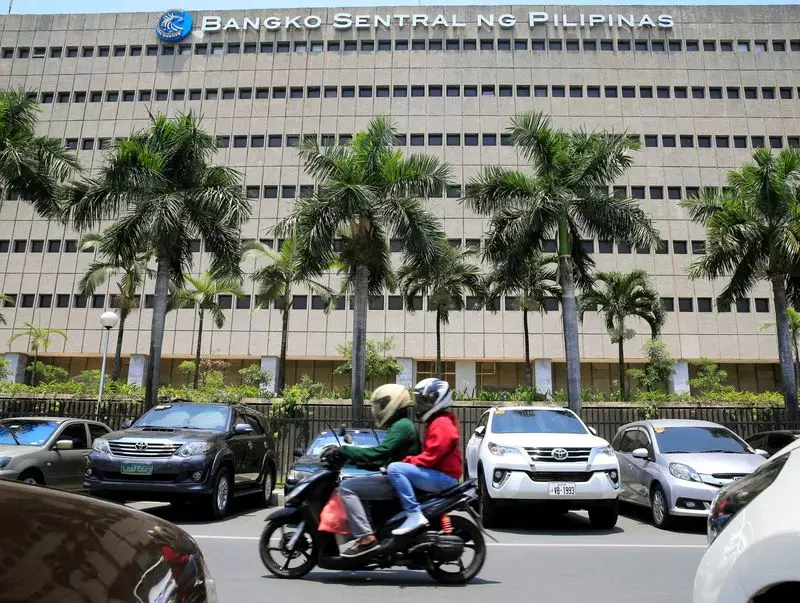The landscape of the Philippine financial sector is on the verge of a significant transformation with the recent launch of an interest rate swaps (IRS) market. Spearheaded by the Bangko Sentral ng Pilipinas (BSP), this initiative aims to enhance liquidity in the bond market and promote more robust trading mechanisms. With the introduction of the overnight reference rate (ORR), recognized by the International Swaps and Derivatives Association, this new trading environment is designed to calibrate interest rate risks more effectively for financial institutions across the archipelago.
Interest rate swaps have long been a standard practice in developed economies, allowing parties to exchange fixed and floating interest rate obligations. This financial instrument serves dual purposes: managing exposure to fluctuations in interest rates and creating strategic positions based on predictions about future borrowing costs. The implementation of the IRS market in the Philippines will enable banks and financial entities to navigate interest rate volatility, shielding them from unpredictable market movements while offering opportunities for speculative gains.
The ORR, which forms the foundation for this market, will be predicated on the BSP’s daily reverse repurchase auctions. Unlike the previously established benchmarks, which leaned on yields from less frequently traded government securities, the ORR provides a more accurate and reliable basis for pricing loans to borrowers. This change is crucial for constructing a resilient financial environment, where lenders can base their loan pricing on stable and transparent benchmarks.
Central bank Governor Eli Remolona expressed enthusiasm about the launch, indicating that the new peson (PHP) IRS is set to invigorate capital markets in the Philippines. With sixteen banks stepping up as market makers for the ORR-based IRS, there is a commitment to ensure structural robustness across varying maturities, from one month to a decade. This development is anticipated to enhance interest rate transparency, a critical factor in maintaining investor confidence in the capital markets.
The introduction of a benchmark yield curve signifies an essential stride toward shaping a more structured financial architecture. By equipping banks and other financial entities with reliable tools to price loans effectively, the IRS market not only elevates operational efficiencies but also supports broader economic stability.
In tandem with the IRS market launch, the BSP is also evaluating the adoption of global master repurchase agreement contracts. Such agreements promise to augment the accessibility of treasury bonds for repurchase (repo) transactions, thereby expanding the scope of the government securities repo market. This dual push towards not only a more dynamic IRS framework but also enhanced repo transactions paints a hopeful picture for the future of Philippine finance, facilitating a vibrant investment climate and fostering long-term economic growth.
Overall, the launch of the interest rate swaps market represents a milestone in the Philippines’ efforts to modernize its financial landscape. By providing a solid benchmark through the ORR and bolstering liquidity in the bond market, this initiative is poised to significantly enhance the operational capacities of banks and financial institutions. With committed participation from market makers and the pursuit of global best practices, the Philippines stands on the brink of a new era in financial sophistication.

